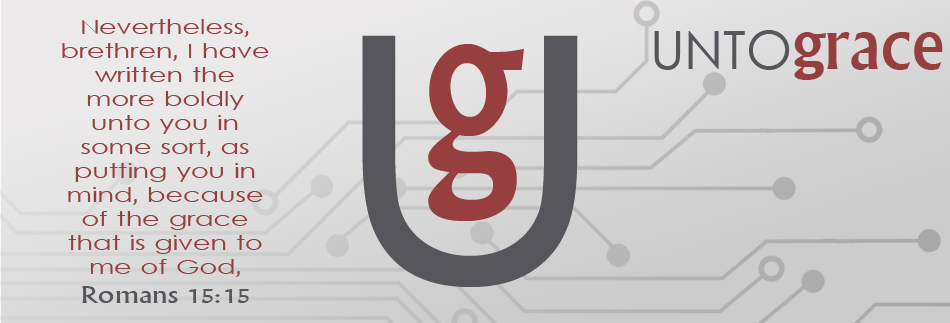In
the Austrian village of Hallein on Christmas Eve 1818, the organist,
Franz Gruber, composed a hymn called Song of Heaven.
He played and sang it in church the following night.
A
man from a nearby town happened to hear the song. Being impressed, the
visitor memorized the words and music which he later taught to a
traveling quartet.
By
1854, the piece had become so famous that a search was made for its
unknown composer and Gruber was found.
He
then learned that his song had been memorized, sung for 36 years and had
become the most beloved Christmas hymn of all time under another
name—Silent Night.
At
that late date, the fact meant little to Franz Gruber, who was then 67,
and he remained an obscure and impoverished organist until his death in
1863.
Silent Night!
Holy Night! (1)
1
Silent night! holy night!
All
is calm, all is bright
’Round
yon virgin mother and Child!
Holy
Infant, so tender and mild,
Sleep
in heavenly peace,
Sleep
in heavenly peace.
2
Silent night! holy night!
Shepherds
quake at the sight!
Glories
stream from heaven afar,
Heav’nly
hosts sing Alleluia;
Christ,
the Saviour, is born,
Christ,
the Saviour, is born.
3
Silent night! holy night!
Son
of God, love’s pure light
Radiant
beams from Thy holy face,
With
the dawn of redeeming grace,
Jesus,
Lord, at Thy birth,
Jesus,
Lord, at Thy birth.
Silent Night, Holy Night (2)
Only
by happy coincidence did the names of the true authors of the song
“Silent Night” come to light—thirty-six years after they wrote it.
The
story begins in 1818 in a church in the little Austrian town of
Oberndorf. Shortly after Christmas Eve, a mouse ate a hole in the
leather bellows of the church organ, effectively silencing it.
The
itinerant organ mender was not due in town for months, and music was
needed for the Christmas Eve service.
In
three-and-one-half hours, Franz Gruber, the organist, composed music for
a poem written by Josef Mohr, a priest. It began Stille Nacht, Heilige
Nacht (Silent Night, Holy Night).
On
Christmas Eve, the two men sang their composition accompanied by a
guitar and children’s chorus. They were a great success.
The
following May, when the organ mender turned up, Gruber gave him a copy
of the song, which the man then circulated in his travels. By 1831,
thirteen years later, the Strasser family quartet was billing “Silent
Night,” one of their numbers, as a Tyrolean folk song by authors
unknown.
Time
went by, and soon the now-popular song was being attributed to several
famous composers. In 1854, the leader of the king’s orchestra in
Berlin wrote to the choir director of the Benedictine school in
Salzburg, asking for a copy of “Silent Night” by Michael Haydn,
brother of the more famous composer, Franz Joseph Haydn.
The
choir director asked a student—who just happened to be Felix Gruber,
Franz Gruber’s son—to find a copy. And you can guess the rest.







